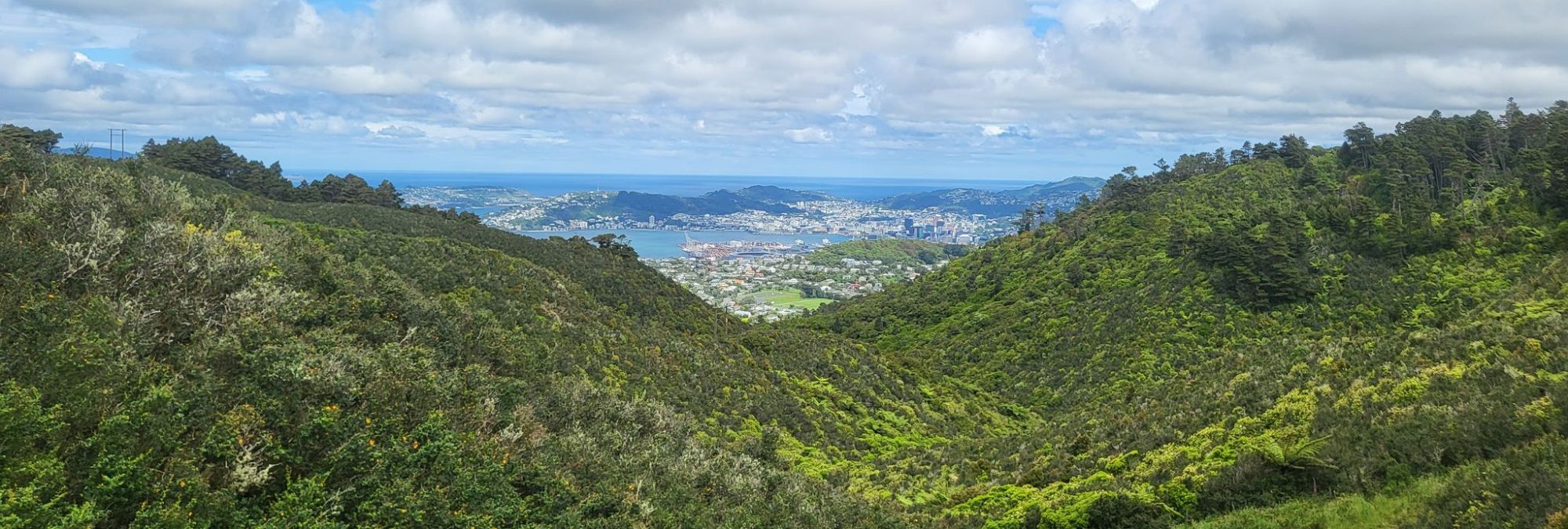This paragraph in a eulogy for Jim Anderton on Newsroom, got me thinking about generational change in politics:
Trapped in near-perpetual opposition since the first Labour Government of 1935-49, with only brief single-term governments in 1957 and 1972, younger members of the party, the so-called ‘Vietnam Generation’ were desperate to modernise the party and reform it into an organisation capable of establishing a lasting government. To this generation, commitment to the party’s union origins was less important than social justice and, ultimately, power; compromise was needed.
It’s been clear for the past decade or more that a significant change is needed in progressive politics and activism. Centrism has drained the passion out of the left; the old ways of organising workers don’t apply to a casualised/”gig” economy; and the problems of poverty, inequality and injustice just keep getting worse (no thanks to the “compromises” the Vietnam Generation decided to make to achieve power – instead of driving genuine democratic and political change through the unions and other progressive movements of the day.)
It’s easy to point at the election of Jacinda Ardern as our second-youngest-ever Prime Minister, with new faces like Grant Robertson and Kelvin Davis at the Cabinet table, and say “things are obviously going to be different.” That thinking certainly drove a lot of Labour’s last-minute poll boost, which came from the disillusioned left, not “soft” National voters.
But it’s more complex than that. We have to reject the kind of “logic” which insisted in the early 2000s that having women in multiple important roles – Prime Minister, Chief Justice, Speaker of the House, Governor-General – proved sexism was dead, or more recently in the USA, where Barack Obama’s election “proved” racism was over, even as more and more black people were murdered by the police at “routine” traffic stops.
There’s always a system, a structure, a machine behind the fresh young faces. Hence rightwing pundits crowed at the news that Heather Simpson, who achieved legendary nemesis status as Helen Clark’s chief of staff, had been brought into the new administration and was exercising a high level of control over its setup. Other Clark veterans like Mike Munro and GJ Thompson were also announced as senior members of Ardern’s team.
Never mind that the same rightwingers would have hammered Labour equally hard for its lack of credibility (and did, over issues like the allocation of Select Committee seats) if the new PM hadn’t picked anyone with previous experience in government.
It would be worrying if Labour’s strategy were driven by people still operating in an early-2000s mindset, both in terms of policy direction and campaigning strategy. Especially with the Greens not delivering a strong election result and thus not in a position to exert as much pressure or provide cover for ambitious, progressive policies. The government sits on a knife-edge; even if you don’t necessarily agree with the need to push a strong leftwing, socially liberal set of policies, it’s a simple matter of survival. National know how to bounce back from defeat and adapt to new political circumstances. Once they’ve figured out who’s going to knife whom for the leadership and who’s going to strategically defect to ACT with a safe seat, they’re coming on hard. A Labour-led government which tries to focus-group and commission-of-inquiry its way through not offending anyone will not survive.
But it’s also a trap to think that progressive change requires youth, and there are no better examples than Bernie Sanders and Jeremy Corbyn.
Yes, little centrists, I know neither of them “won”; but I also know – as I suspect they both do – is not about single short-term election campaigns. It’s about changing the world and changing what’s achievable in politics, and if you want to argue that Corbyn and Sanders haven’t fundamentally altered the political activism of their respective countries, you’ll need to let me get a glass of water so I don’t choke on my cackling.
Sanders’ run took the word “socialist” from being a Fox News epithet levelled at anyone who suggested healthcare was a nice thing people should have to a badge of honour; combined with Trump’s victory, the Democratic Socialists of America have gained 27,000 members and seen their average age drop from 68 to 33. In 2017, socialists kept winning elections.
Corbyn – who we all know is totally unelectable except for all those elections he keeps winning or increasing Labour’s vote share in at almost unprecedented levels – is embracing new styles of campaigning, at the cost of traditional party structures:
If Corbyn gets his way, when you think of Labour, you won’t imagine rows of MPs on green leather benches, or a smartly suited minister chatting to a reporter. Instead, you’ll think of activists reinvigorating their estate’s tenants association, while others organise their co-workers and stand with them on picket lines.
The fly in the ointment for us is that a pillar of Sanders’ and Corbyn’s success is in their respective decades of unwavering commitment and activism, which gives them a credibility young up-and-comers can’t get; but there’s no one I can think of in New Zealand politics with similar bona fides.
Ultimately, it’s simply too early to say which way our new government will go. In the most refined managerial terms, there are risks, and there are opportunities. There are other obstacles to be overcome – like entrenched ideologies and ass-covering instincts among our public sector leaders, or the simple inertia of any large organisation which is used to doing things a certain way.
But age doesn’t determine whether you’ll change the world: what does is having the will to do it and the skills to do it well.


